Business Model Franchise: What is a Franchise?
Table of contents
- Introducing the Basics of Franchising
- The Mechanics of Franchising
- The Perks of a Franchise Business
- Navigating the Route to Becoming a Franchisee
- The Role Played by the Franchisor
- Challenges and Hurdles in Franchising
- Discover Successful Franchise Stories
- Fast Forwarding to the Future of Franchising
- Signing off
- Additional Resources
Introducing the Basics of Franchising
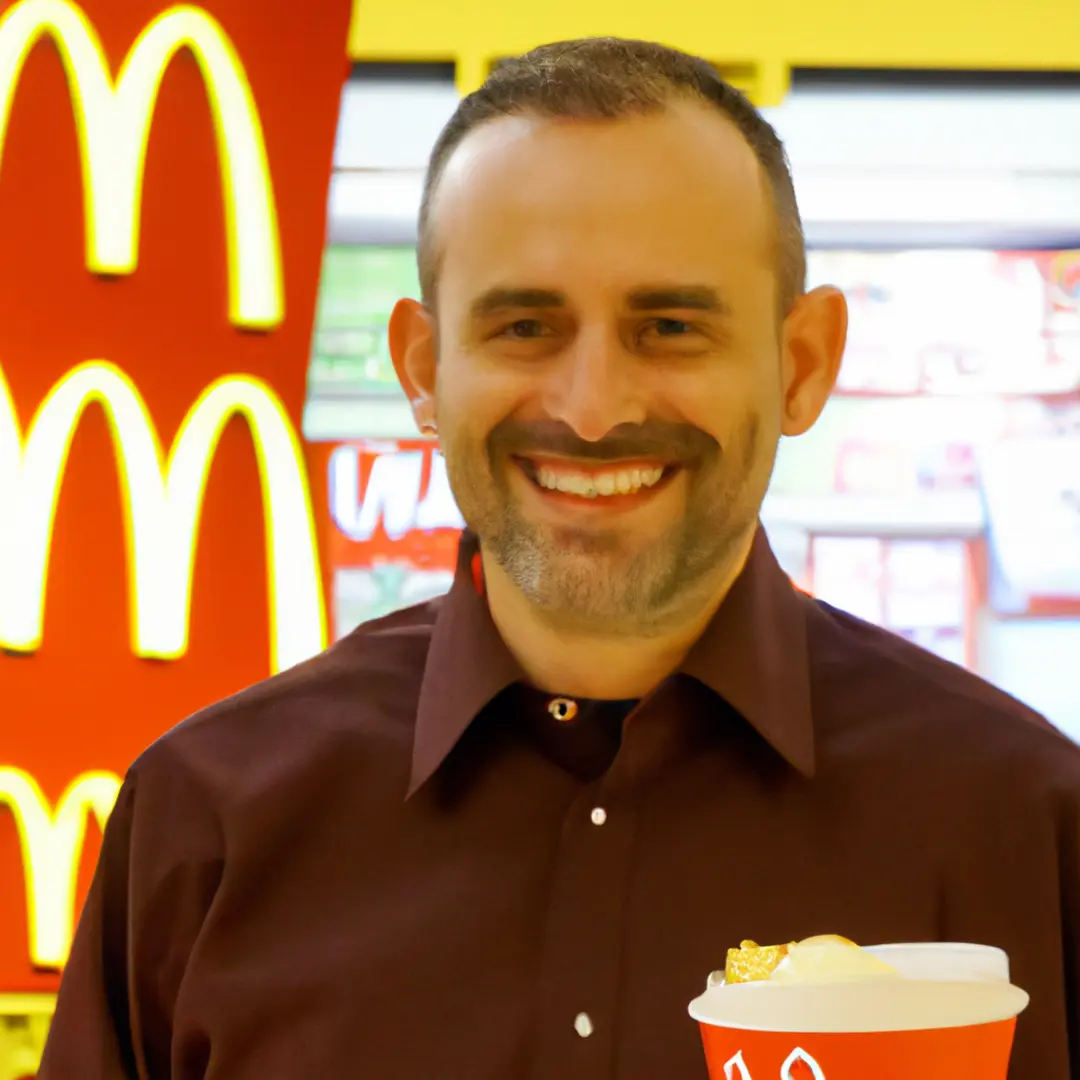
Say hello to the world of franchising – the widely acclaimed business model franchise. Surely, at some point, you must’ve stepped into a branch of a renowned brand like McDonald’s, Starbucks, or Subway. All of these utilize franchising as a growth strategy, one that stands at the heart of their corporate functioning.
Franchise Business Model: A Formal Definition
What exactly is this business model description? Succinctly, a franchise is a proven business model, where a franchisor (the original brand owner) extends the rights to a franchisee (an independent party who wants to run a business under the franchisor’s brand name) to operate a business under the franchisor’s banner. This exchange involves the franchisor’s tried and tested brand image, business systems, and dedicated support.
In legal terms, it constitutes a contractual commitment, where the franchisee reimburses the franchisor in the form of fees and royalties for the privilege to employ their intellectual property and business methodology.
Franchising Ancestry: A Look Back in Time
While the rudiments of franchising can be followed back to archaic times, the modern franchise model was born during the late 19th century due to the growing need for standardized management practices and an upturn in railway expansion, which consequently led to the fruitions of the franchise systems. Today, franchising represents a significant force that drives the global economy.
Franchise in Today’s Economic Climate
Franchises play an integral part in the worldwide economy by creating jobs, endorsing entrepreneurship, and ensuring the provision of consistent products and services on an international scale. This system lends individuals the opportunity to start their businesses with the helping hand of a well-established brand, significantly warding off risks normally involved when venturing into unchartered entrepreneurial territory.
The Mechanics of Franchising
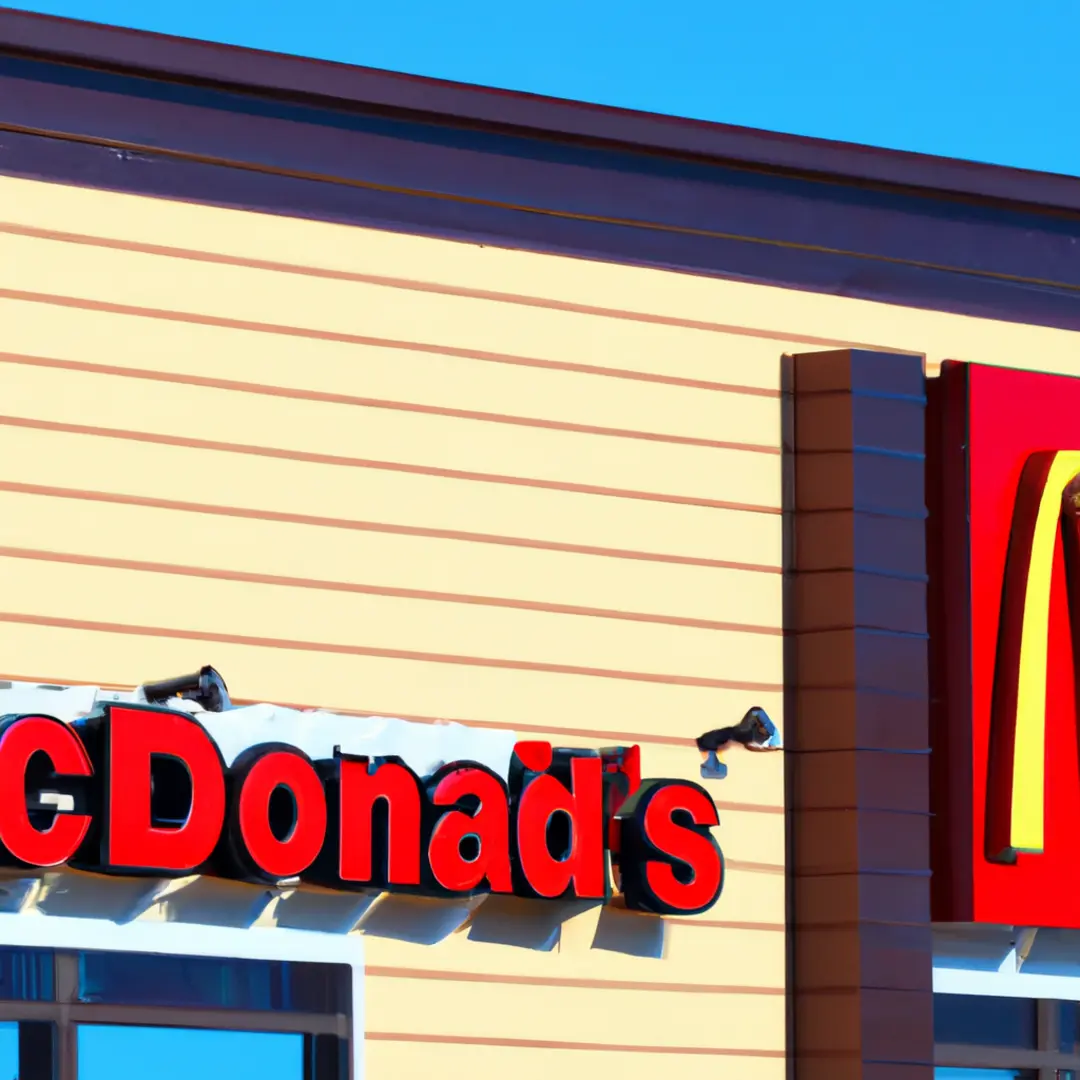
Decoding the Franchisor-Franchisee Relationship
The franchisor-franchisee relationship is basically a partnership guided by mutual responsibilities. The franchisor supplies the franchisee with a proven business model, comprehensive training, ongoing support, and exposure to effective marketing resources. In turn, the franchisee adheres to the protocols set by the franchisor, pays the obligatory fees, and operates under the franchisor’s name.
Ingredients of a Thriving Franchise
The recipe of a successful franchise encompasses several key factors. These include a robust brand identity, standardized operations, well-built training programs, powerful marketing strategies, quality control mechanisms, and a lawful structure in place to ensure both parties’ interests are well protected. The finished product: consistency and replicability across various franchise locales.
Structuring Franchising Legally
Franchising orbits around specific laws and regulations, varying from one region to another. Franchise agreements, disclosure documents, and intellectual property protection lay the foundation for clearly defining the rights and duties of franchisors and franchisees.
Common Varieties of Franchise Models
A franchise model can vary drastically depending on the relevant industry and the specific business concept. Common models include product distribution franchises, business format franchises, and conversion franchises, each having its distinctive traits and prerequisites.
The Perks of a Franchise Business
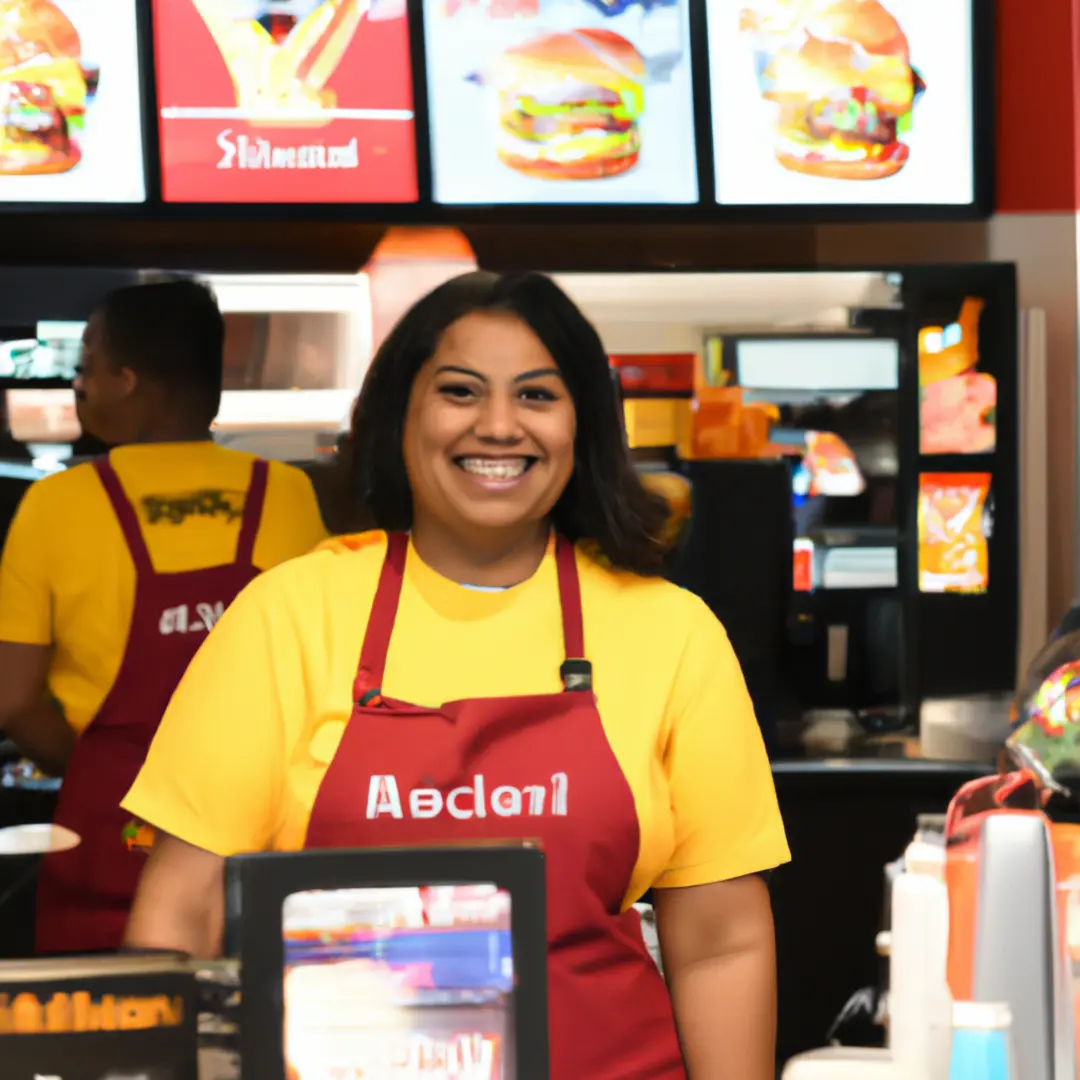
Perks for the Franchisor
Franchising paves the way for franchisors to grow their business manifold without bearing the full costs and risks associated with starting new branches. This model leverages franchisees’ monetary input and effort, contributing generously to the brand’s overall growth and success.
Perks for the Franchisee
Franchisees can benefit greatly from residual brand recognition, the backing of a tried-and-tested business model, intensive training, and overriding support from an established franchisor. Furthermore, they gain the chance to start their business with considerably lessened risks, tapping into a well-established customer base, and having immediate access to professional advice and expertise.
Perks for the Consumer
Franchise businesses present customers with a predictable experience, superior products or services, and the assurance of a familiar brand they trust. These businesses offer a consistent level of service, accompanied with a recognized reputation offering peace of mind and reliability.
Economic Gains of Franchising
Franchising ignites economic growth by creating job opportunities, stimulating local economies through small business ownership, and encouraging entrepreneurship. It empowers entrepreneurs to erect flourishing businesses with the interactive support of a larger organization.
Navigating the Route to Becoming a Franchisee
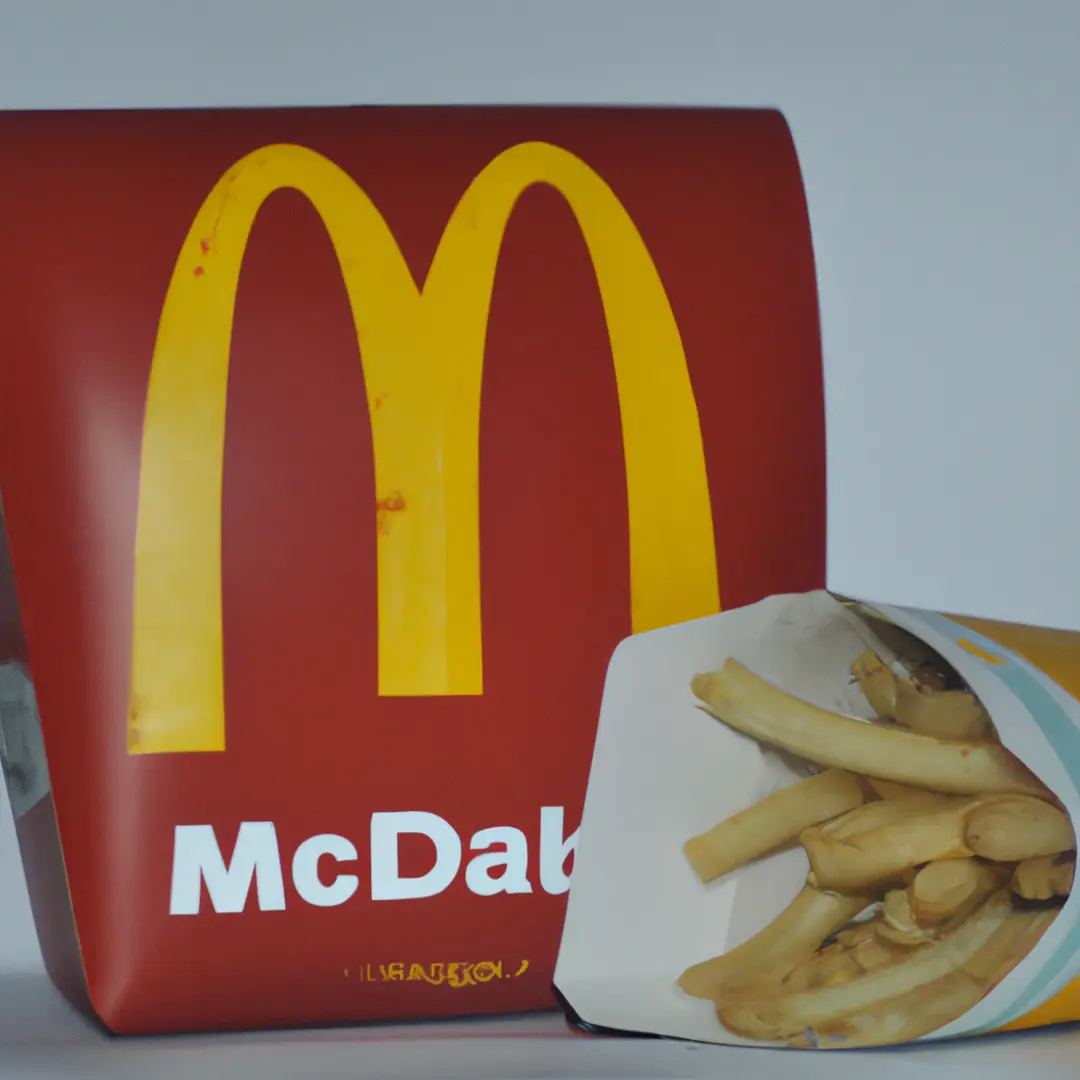
Picking the Right Franchise
Choosing the ideal franchise involves thorough consideration of personal preferences, financial capabilities, meticulous market analysis, and an evaluation of available franchise opportunities. The trick here: find a franchise that completely aligns with the franchisees’ goals and values.
The Fundamental of Franchise Agreements
Franchise agreements detail rights and obligations of both parties. These crucial legal documents address topics ranging from fees, royalties, territorial rights, training and marketing support, to the duration of the franchise relationship. Thus, it is quintessential for prospective franchisees to thoroughly examine and understand these agreements before signing the dotted line.
Understanding the Franchise Disclosure Document (FDD)
An FDD is a comprehensive registry, provided by the franchisor to prospective franchisees. It houses all the necessary information on the franchise’s overall functioning, fiscal history, fees, past litigations, and other such relevant specifics. Suggested best practice for future franchisees: read this document meticulously and involve a legal advisor, if needed.
Managing Your Franchise Finances
Financial options for managing a franchise extends from personal finances, bank loans, to specialized franchise financing programs. It is imperative to meticulously strategize the financial aspects of becoming a franchisee, while also exploring potential resources to secure the necessary funding.
The Role Played by the Franchisor
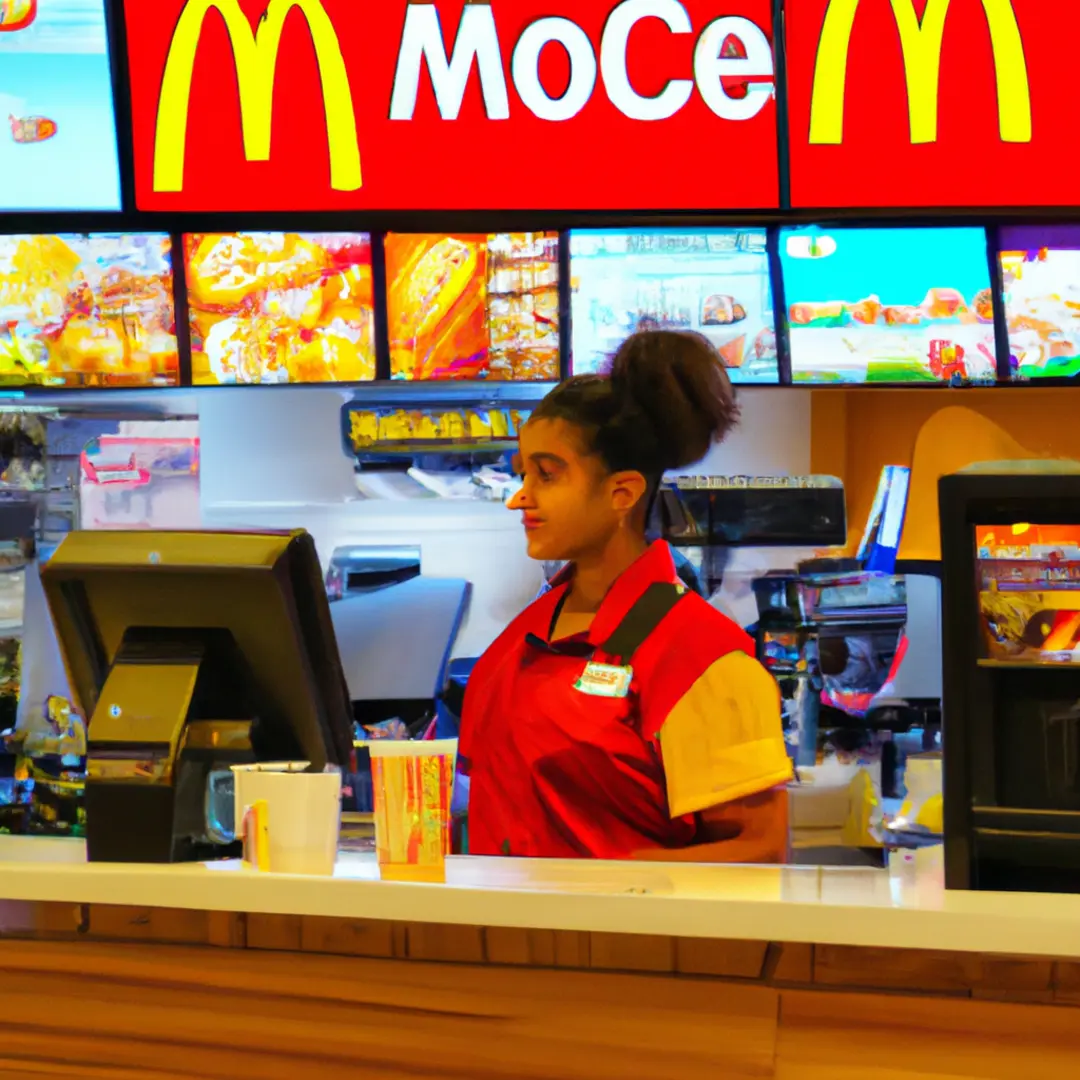
Providing Training and Support
Franchisors proffer intensive training programs to ensure that franchisees comprehensively understand the brand’s business model, operational processes, and benchmark standards. They also provide ongoing support with regular updates on developing scenes and help franchisees tackle problems when necessary.
Preserving Quality and Consistency
Franchisors device measures to control quality, maintaining consistent standards across all franchise locations. This consists of regular inspections, audits, efficient supply chain management, and feedback systems to address any arising issues promptly and ensure customer satisfaction.
Marketing and Preserving Brand Image
Franchisors shoulder the responsibility of devising and executing marketing strategies for promoting the brand and attracting customers. This could range from broadcasting national advertising campaigns, providing local marketing support, managing the brand’s social media profiles, and upholding the brand’s original initiatives.
Undertaking Research and Development
To remain competitive and adapt to evolving market trends, franchisors undertake continuous research and development. They strive to improve their products, services, and operational efficiency, catering to the ever-changing demands of their consumer base.
Challenges and Hurdles in Franchising
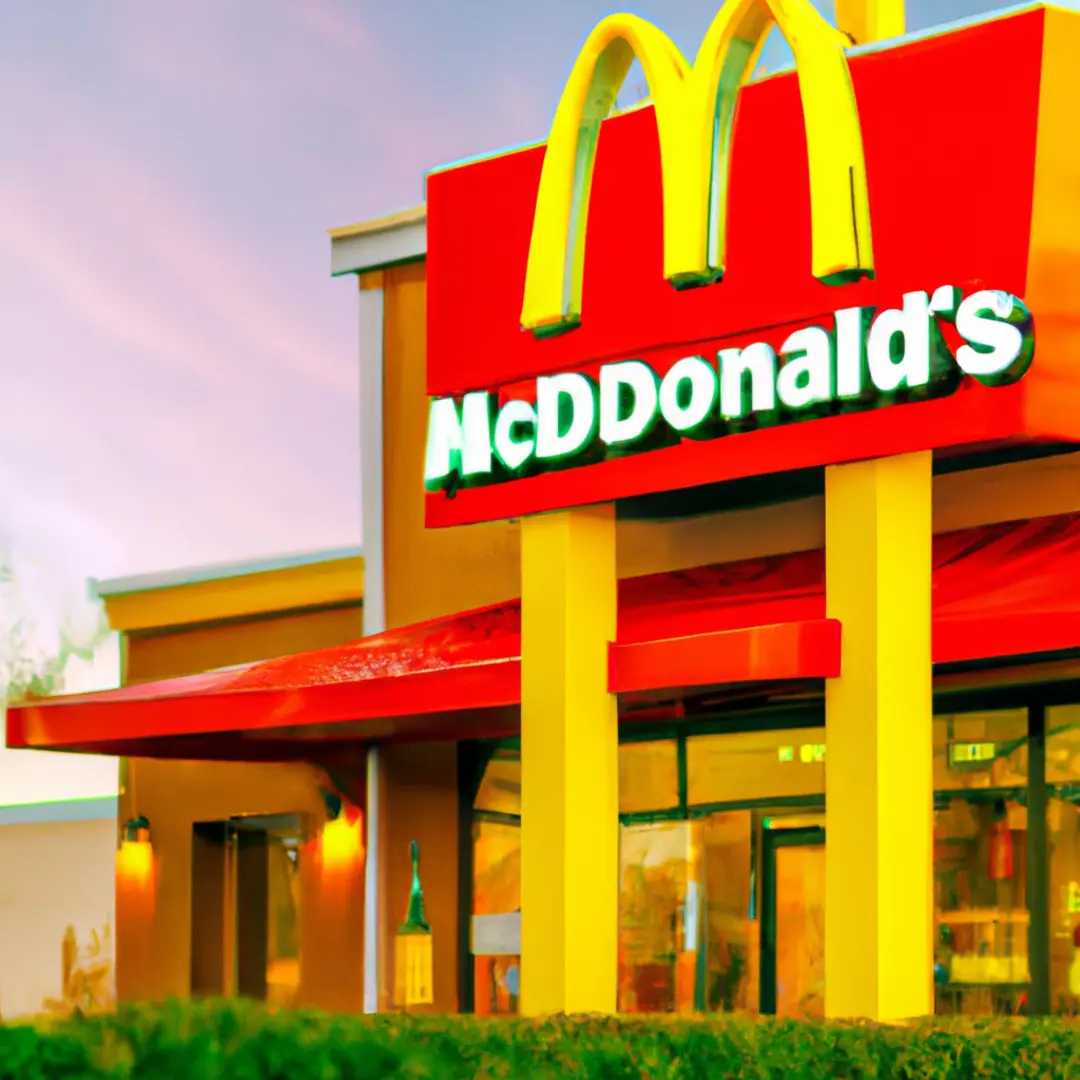
Managing Regulatory Challenges
Franchising comes with its fair share of challenges, mainly pertaining to complex and time-consuming legal and regulatory requirements that vary from region to region.
Dealing with Quality Control Discrepancies
Maintaining consistent quality amongst all franchise locations can pose as a significant challenge. It’s crucial for franchisors to develop effective monitoring systems to identify and rectify quality control issues promptly. Franchisees also play a pivotal role in upholding brand standards and staying true to operational protocols.
Balancing Consistency and Local Adaptation
A tricky part for franchisors is to strike a winning equilibrium between maintaining a consistent brand image while allowing franchisees to adapt to local market conditions. Achieving this involves open communication, ongoing support, and devising effective feedback channels to accommodate different regional needs.
Franchisor-Franchisee Relationship Dynamic
The franchisor-franchisee relationship isn’t always the smoothest ride. Effective communication, mutual trust, shared commitment to the success of the franchise are fundamental to overcoming conflicts and building a sturdy partnership.
Discover Successful Franchise Stories
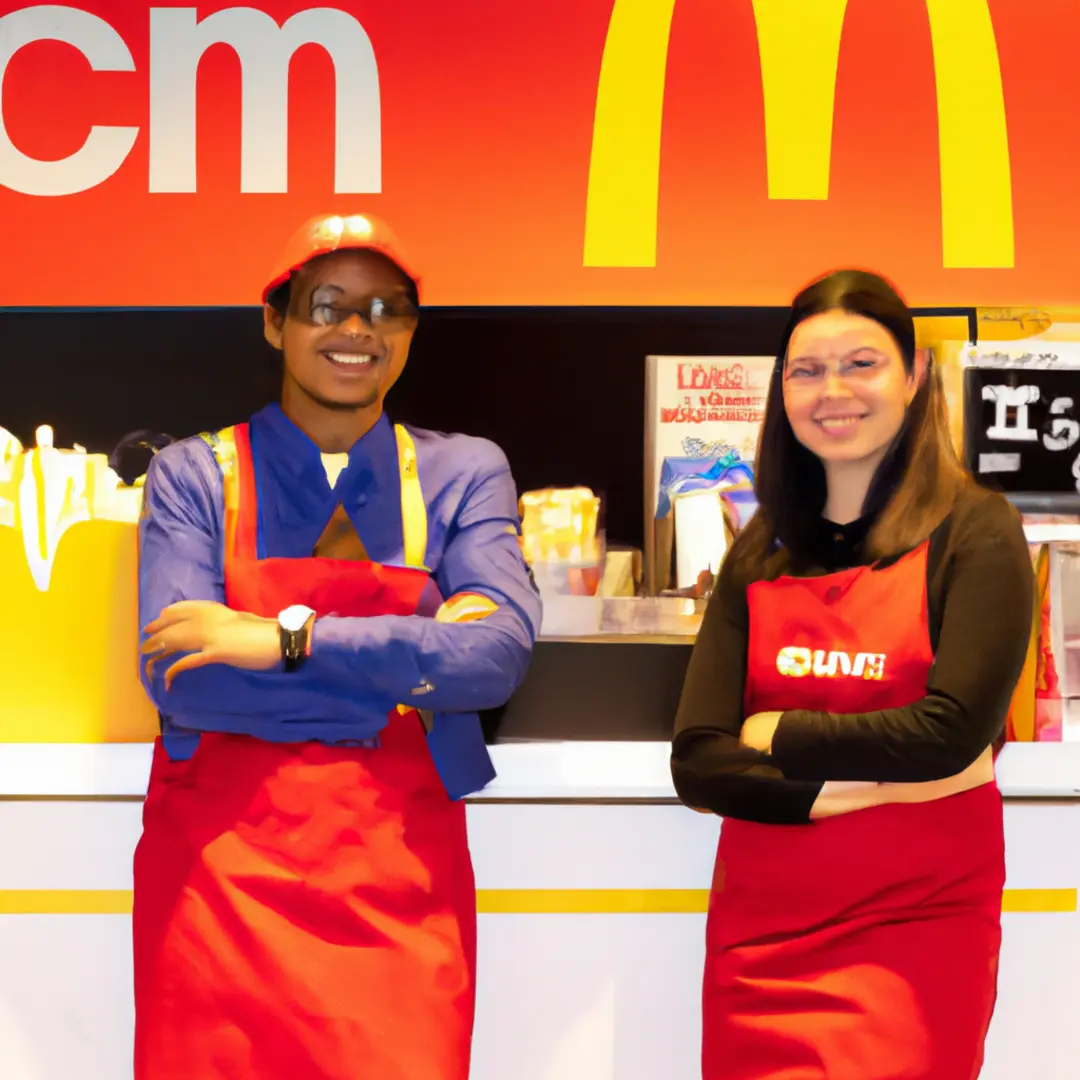
The McDonald’s Saga: A Franchise Marvel
Possibly the most well-known example of a successful franchise business is McDonald’s. Its founder, Ray Kroc, shifted McDonald’s primary focus to franchising, which led to the rapid global expansion and a dominant standing in the fast-food industry.
Other Successful Franchise Narratives
Apart from McDonald’s, various other franchises – Subway, Starbucks, UPS Store, and Anytime Fitness – have reached significant milestones in their respective industries. These success story recounts the potential that franchising holds for businesses across various sectors.
Lessons from Successful Franchises
Successful franchises generally have a lot in common – a strong brand identity, clear operational methods, effective marketing strategies and continuous support for franchisees. Observing these successful business models can offer profound insights to upcoming franchisors and franchisees.
Fast Forwarding to the Future of Franchising
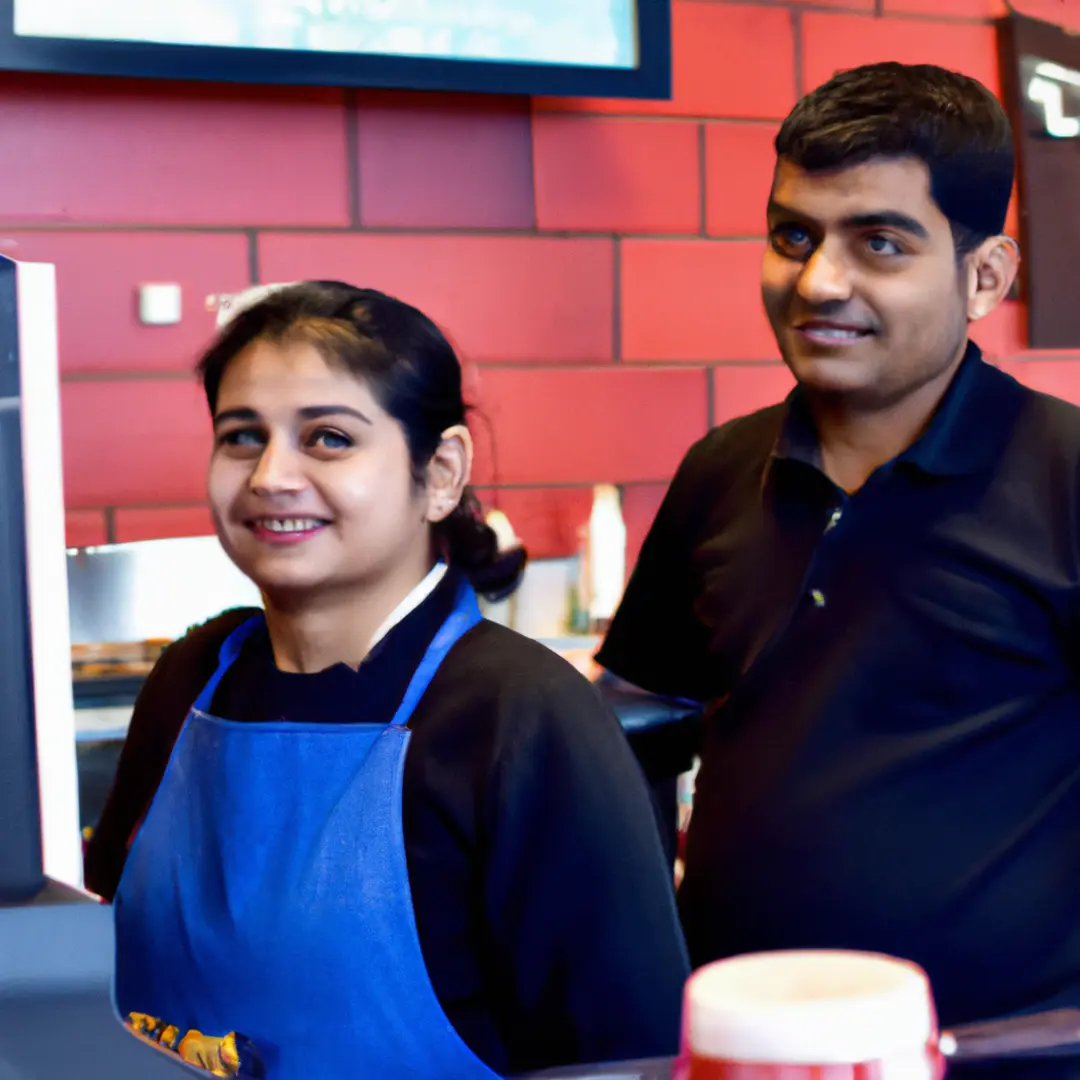
Innovation in Franchise Models
The franchise industry is continually evolving, bringing about innovations in business models and concepts. Newer franchise models are emerging, like home-based, mobile, and online franchises. These models are harnessing technology and altering consumer habits to create new opportunities.
Technology’s Impact on Franchising
Technological advancements play a pivotal role in modern franchising, enabling efficient communication, data analysis, online marketing, and operational management. Embracing newer technologies can significantly enhance the efficiency and scalability of franchise systems.
Keeping Pace with Emerging Trends in Franchise Operations
Franchise operations are adapting to new trends like sustainability, health and wellness, customization, and the sharing economy. Staying informed about these trends can help franchisors and franchisees tailor their businesses to meet evolving consumer demands.
Global Expansion Potential
Franchising spurs opportunities for global expansion, allowing brands to penetrate new markets backed by local franchisees equipped with knowledge about the local culture, regulations, and preferences. This potential for international growth offers exciting prospects for ambitious franchises.
Conclusion to the Business Model Franchise

Wrapping Up on Franchise Business Basics
Franchising is a business model that grants the franchisee the right to operate a business under the franchisor’s established brand, systems, and support. It greatly benefits franchisors, franchisees, and consumers, and simultaneously contributes to economic growth and job creation.
Final Word: The Role of Franchises in the Business Landscape
Franchises hold a tenacious position in the business world, presenting opportunities for prospective entrepreneurs and contributing to the overall economy. The success of franchises hinges on strong partnerships, transparent communication, meticulous quality control checks, and constant innovation.
Is Franchising the Right Approach for You?
If you are contemplating starting a business, franchising could be an appealing choice. Still, it is vital to thoroughly evaluate franchise opportunities, conduct extensive market research, assess financial capabilities, and obtain professional advice to ascertain if franchising aligns with your career goals and aspirations.
Additional Resources
Further Insights on Franchising:




